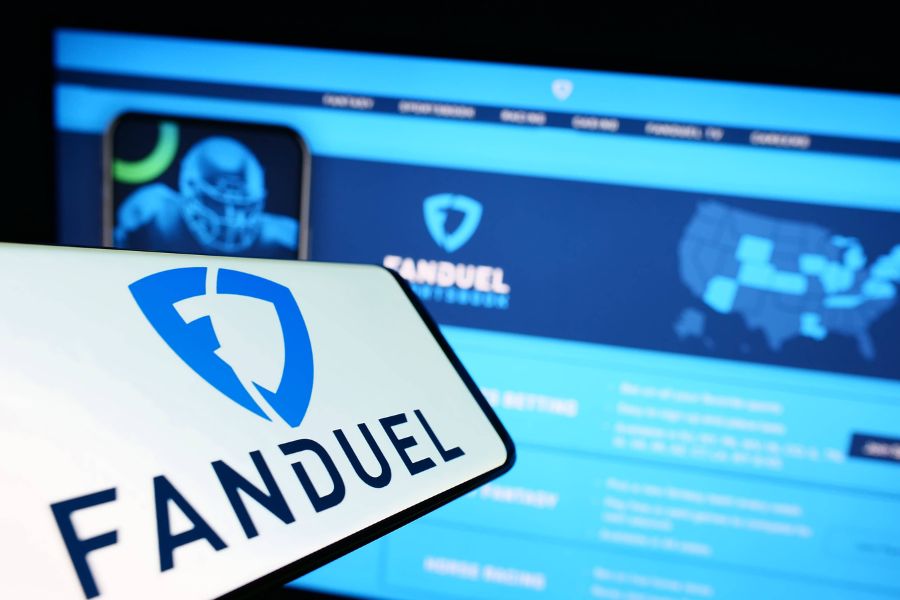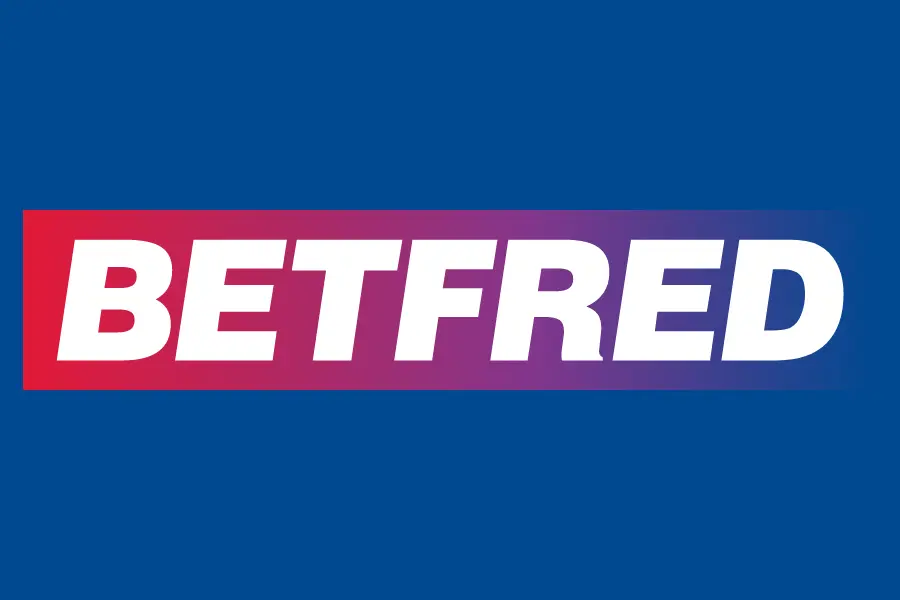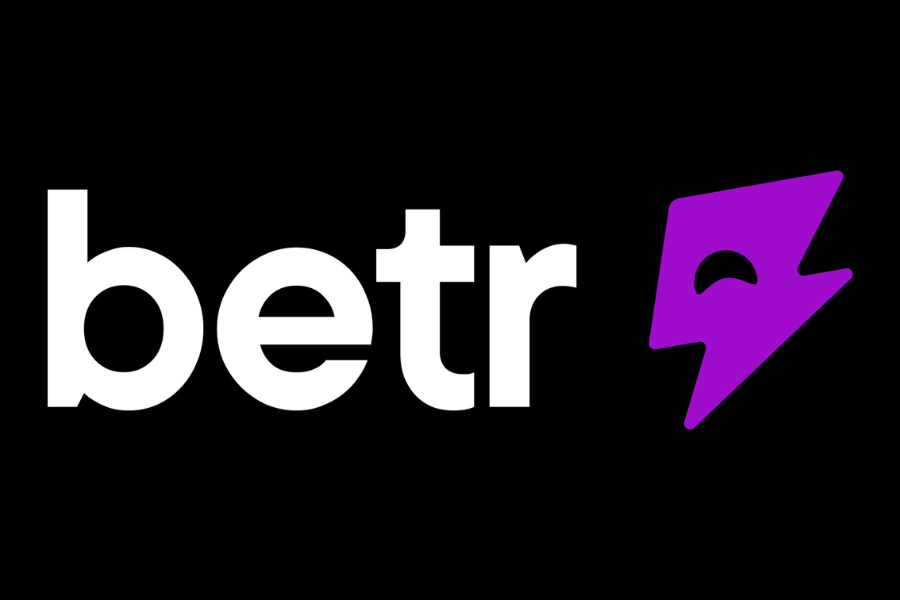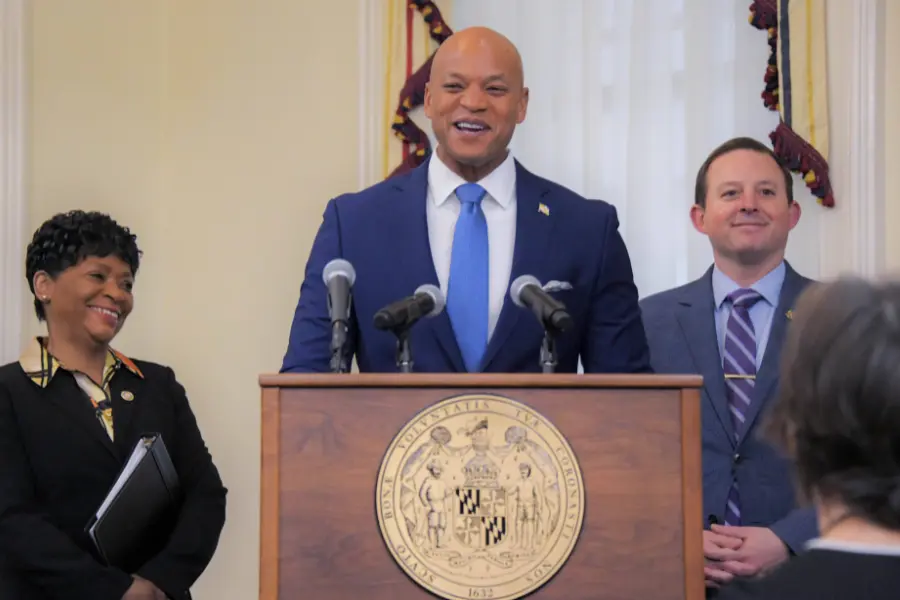Documents obtained through a public records request reveal that mobile sportsbooks operating in Maryland sought to enhance their ability to offer attractive inducements, such as free or discounted bets, without submitting the details for inspection beforehand.
The companies requested a revision to the regulation that mandates the submission of promotional offers, including terms and conditions, to gambling regulators at least two days before implementation.
They proposed informing the state within five business days of launching a promotion, effectively bypassing advance review. According to the operators, the existing requirement limited their flexibility to cater to sports bettors’ preferences, citing missed opportunities during events like the NCAA basketball tournament.
In May, the Maryland Lottery and Gaming Control Agency rejected the request, emphasizing the importance of striking a balance between the success of Maryland sportsbooks and consumer protection.
“We provide guidance to sportsbook operators so they may bring a variety of promotions to the market. At the same time, we feel that reviewing the details of promotions before they launch is a reasonable step that’s in the best interests of consumers,” said John Martin, the agency’s director.
DraftKings also had a separate request denied. It sought to remove a regulation that imposed a cap on the total dollar amount of free bets the companies could offer in Maryland each year.
The cap is determined by a formula based on the previous year’s taxable revenue. However, the agency refused to eliminate the cap.
Maryland, which receives 15 percent of sports betting proceeds, uses the revenue to support public schools. The state generated $4.6 million in May alone.
Sports betting companies handled over $320 million in wagers in May, with ten mobile sportsbook operators and ten “brick-and-mortar” outlets in the state. The introduction of mobile betting last November supplemented casino-based sports wagers that began in December 2021.
Maryland’s regulations initially allowed unlimited promotional bets in 2023, the companies’ first full year of operation. However, soon after, the cap on free play offers limits them to 20 percent of the previous year’s sports wagering proceeds. The companies collectively provided $10.9 million in promotional play in May.
Misleading “risk-free” claims
The Maryland gambling agency warned operators last November, cautioning against using “risk-free” terms in promotions, considering it predatory.
In “risk-free” promotions, bettors are typically offered a free replacement bet if their initial wager results in a loss. The replacement wager must be used within a specified period.
For instance, a DraftKings ad in Maryland during the launch of mobile betting in November featured an image of a football bearing the NFL seal, accompanied by the text in block letters: “NFL THANKSGIVING RISK-FREE BET! Get up to a $10 Free Bet back if your NFL bet loses!”
Analysts argue that the term “risk-free” is misleading because it implies that bettors can retrieve their money without consequences. Several states, including Pennsylvania and Ohio, have banned ads that use “risk-free” language. The American Gaming Association has also expressed opposition to its use.
Steve Grantz, a software professional from Baltimore and a recreational gambler, voiced his opinion in an interview, saying, “What’s a risk-free bet? I mean, come on.” Despite this, Grantz mentioned that he enjoys betting promotions but carefully reads the fine print.
Tom Redmond, a retired bettor from Baltimore, echoes Grantz’s sentiment. He claimed to have encountered enough promotions to understand a fundamental truth.
According to Redmond, the sportsbooks are not giving away money. Instead, they are providing additional funds for betting. He stressed that these operators are essentially “providing you with more money to wager.”





